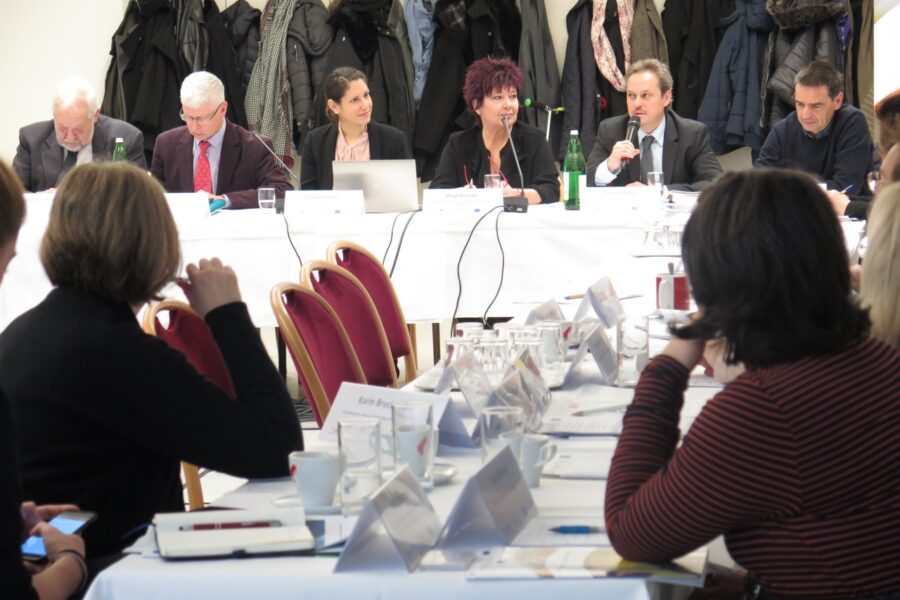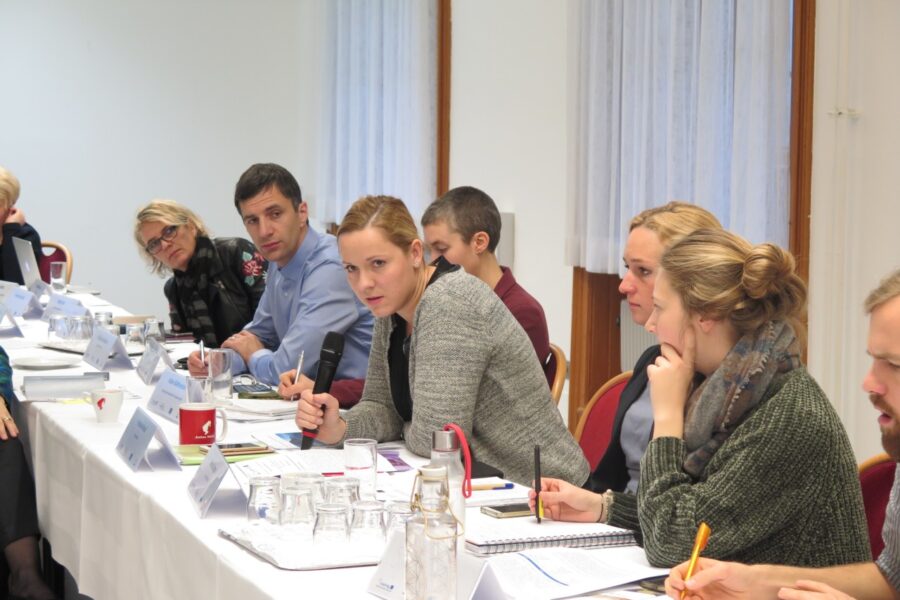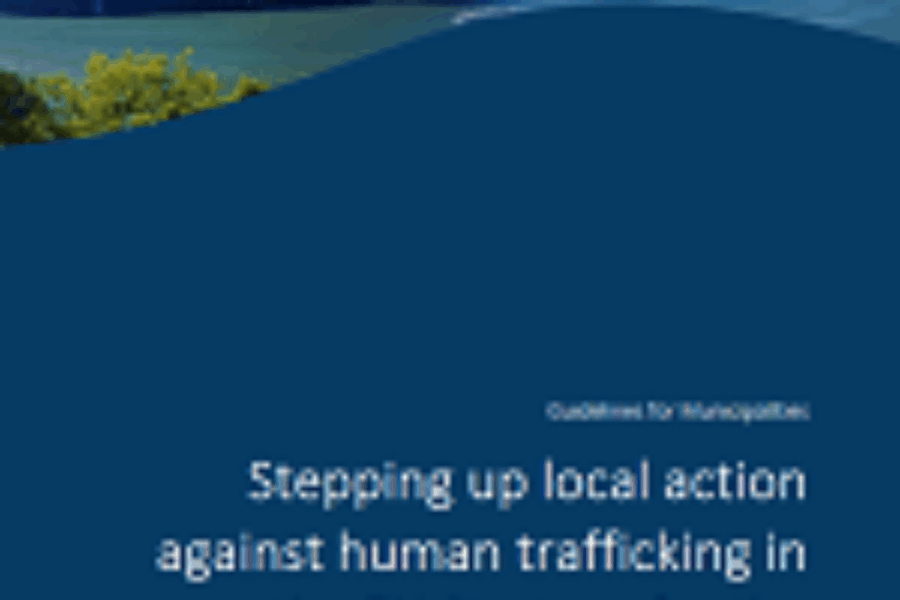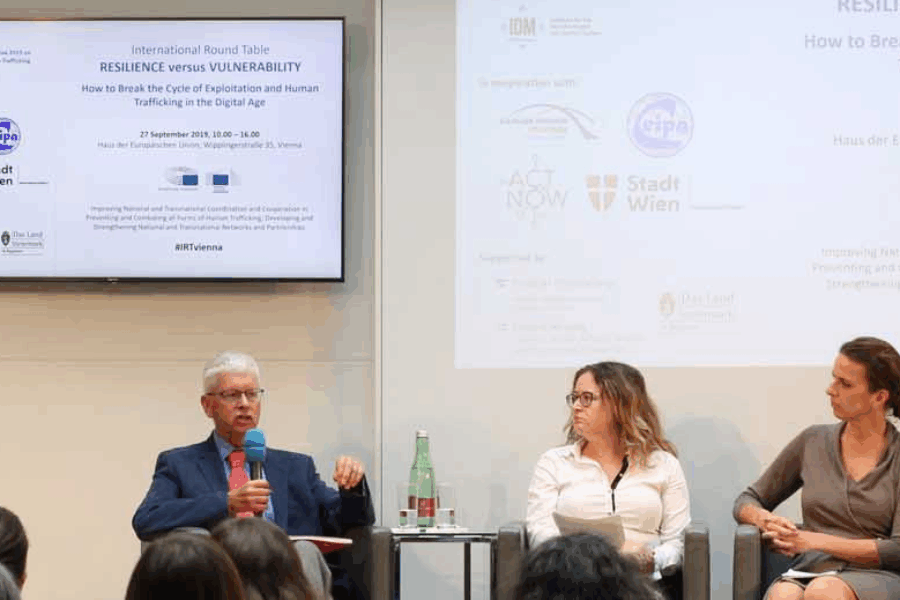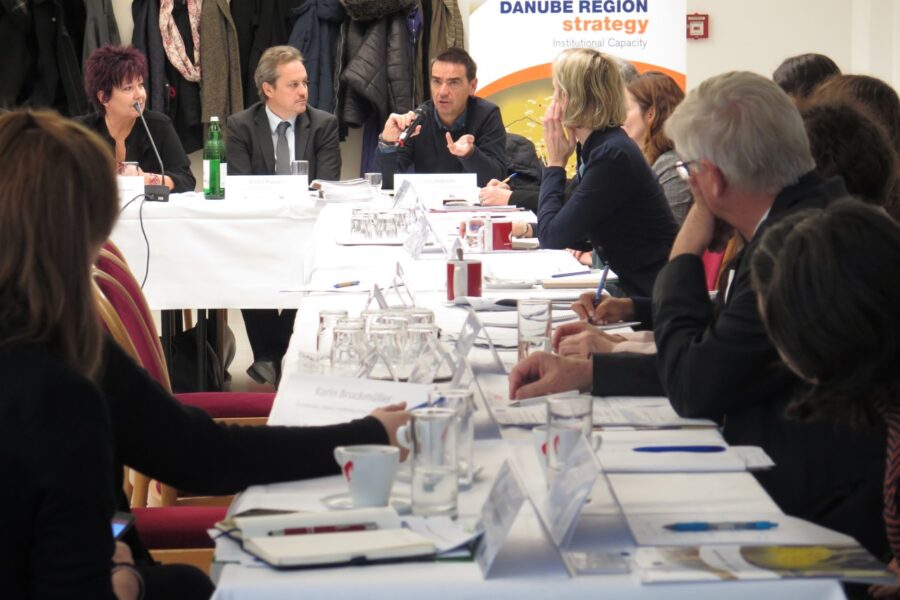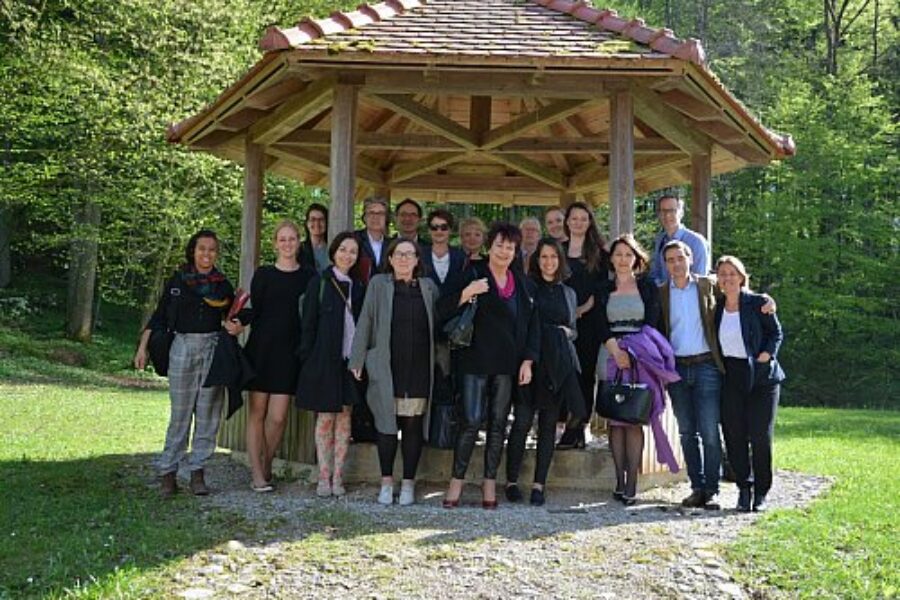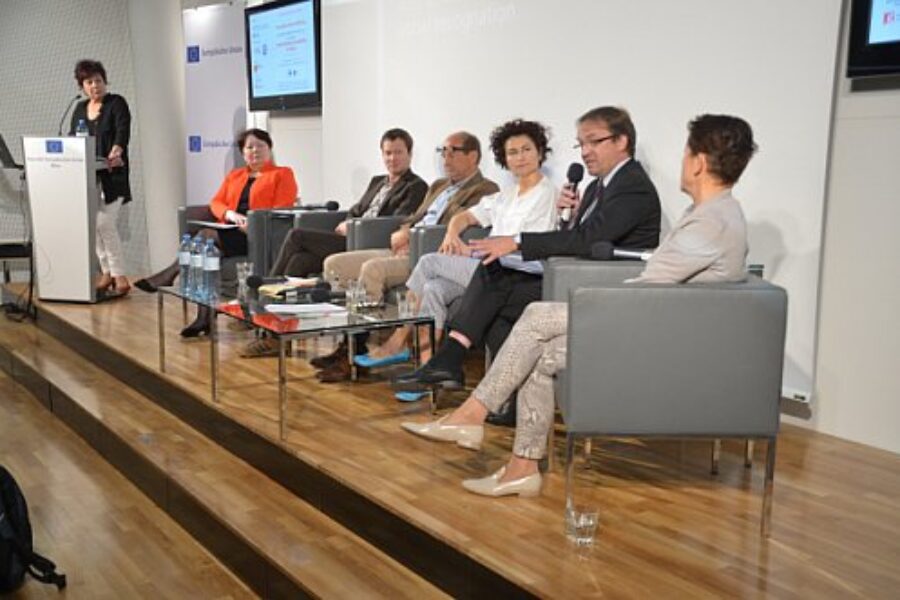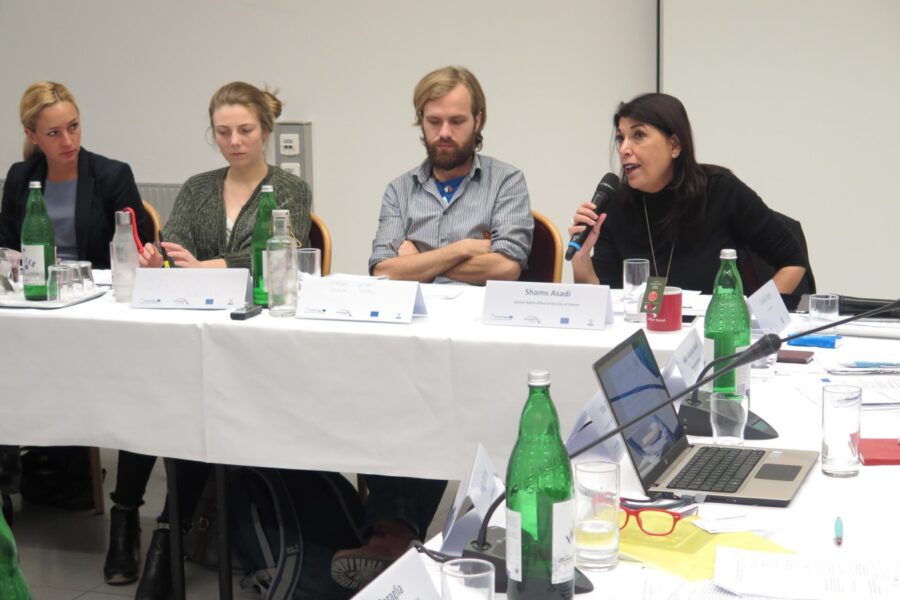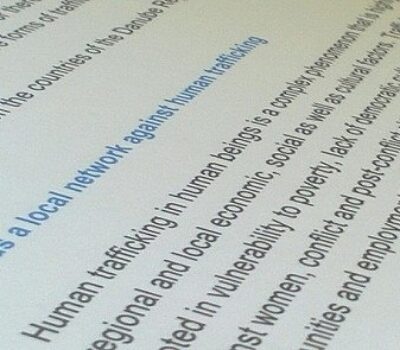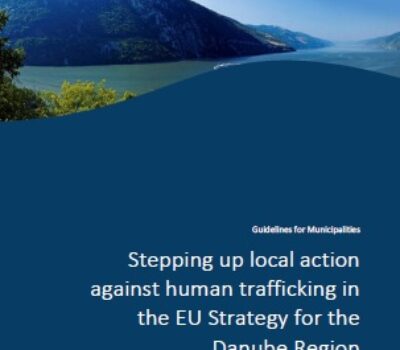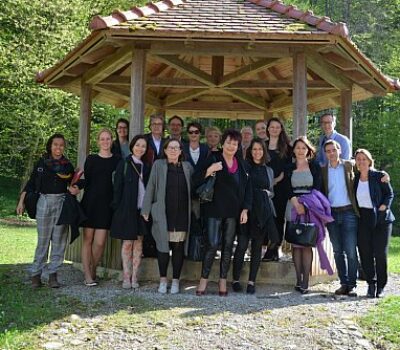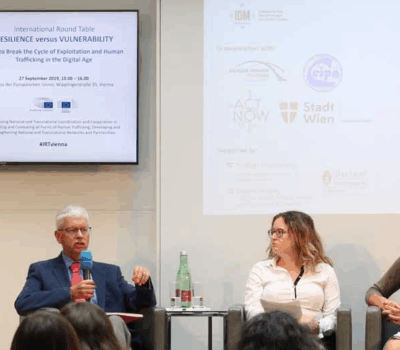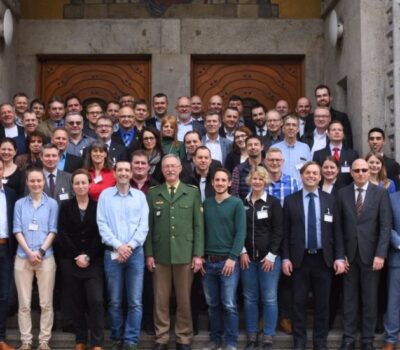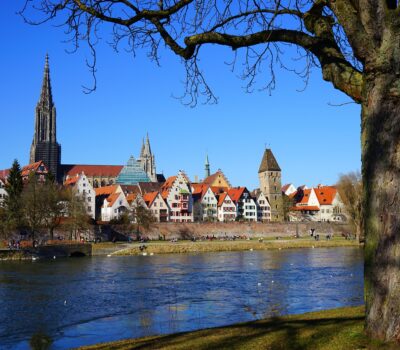Trafficking in human beings (THB) is a complex phenomenon. The root causes are manifold and range from poverty to gender inequality and violence against women, from conflict to lack of social integration, lack of job opportunities, lack of education or from lack of social inclusion and protection for vulnerable people.
At the same time, local actors – be they public authorities or NGOs – often are closest to both victims and suspects of trafficking in human beings. While local public authorities might get in touch with victims through labour inspections, health care or social work, NGOs provide shelter or consultancy services for victims. Therby, they are able to gain their trust, which is particularly essential as most victims or survivors of trafficking in human beings might not trust public authorities.
Capacity building for cross-sectoral cooperation
However, capacity building for local public authorities is essential to raise awareness of the problem. Furthermore, it helps to develop procedures that support both survivors of trafficking in human beings and public authorities in detecting and preventing trafficking. Likewise, improving the cooperation between local public authorities, police and law enforcement as well as NGOs is essential to create durable positive impact in fighting human trafficking. Hence, the European Union’s report about the “Strategy towards the Eradication of Trafficking in Human Beings 2012–2016” strongly recommended that Member States consult regional and local civil society actors when implementing measures and reporting on achievements.
In this spirit, Priority Area 10 “Institutional Capacity and Cooperation” teamed up with Priority Area 11 “Security” to gather representatives from cities and municipalities, victim protection organisations, research, and law enforcement in order to strengthen capacity building and mutual learning. The initiative Danube Cities Against Human Trafficking (D-CAHT) aims at increasing know-how and encourage cross-sectoral cooperation. We work together with further partners, such as the Regional Implementation Initiative to enhance mutual learning and networking for a coordinated approach within countries and regions as well as across the Danube Region.
Aims of Danube Cities against Human Trafficking (D-CAHT)
- Raise awarenessWe increase awareness of trafficking in human beings among local authorities
- Increase knowledgeWe provide local actors, administration, representatives of NGOs with information and know-how by highlighting good practices in cities and municipalities.
- Develop toolsWe develop practical tools for the work of local actors based identied common challenges.


